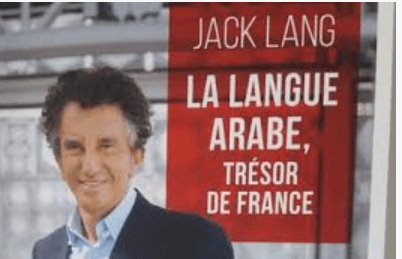The grassroots organization behind this movement for “the Self-determination of Kabylia” is open to all forces in the indigenous region of Kabylia, both individuals and groups, who are struggling for self-determination. MAK, a movement that is democratic and pacifist in nature, is based on the global principles of tolerance, respect of human and individual rights. Its objective is to enforce the right to self-determination of Kabylia to secede from the central government of Algeria; it has neither the ambition to build power nor the will to participate in ruling the region.
Ethnically, the Kabyles are a branch of the Amazigh (or Berber) people, who are the autochthones of Tamazgha (commonly known as North Africa). Tamazgha, the historical territory of Amazigh people, extends from the Siwa Oasis in Egypt to the Canary Islands in the Atlantic Ocean, and from the Mediterranean Sea to the north of Mali. This region has, since the antiquity, undergone a multitude of invasions, from the Phoenicians to the Europeans; most recently from France.
The people of Kabylia will always be irredentist, that is, they will always advocate the recovery of their cultural and historical territory from the Arab invasion, which is the one that has irreparably changed the destiny of this region for the longest time. No foreign force had subdued Kabylia before it was defeated by France in in a series of rebellions between 1857 and 1971. France followed up with the promulgation of the Cremieux decree, by which Jewish people of Algeria were naturalized and integrated into the French society, while the Kayles were arbitrarily classified as Muslims. With a few exceptions put aside, the French administration will make no difference between an Arab and a Kabyle. The inequity and colonialism suffered by the peoples of Algeria lead Arabs and Kabyles to unite against the French and drive them out. It was the Kabyles who were the kingpin of North African separatist nationalism.
The break off between Arabs and Kabyles happened in 1963, in the aftermath of decolonization when more than 400 Kabyles were killed. The Kabyles have rebelled ever since. One very famous such rebellion event is the so-called Berber Spring, when Kabyle civil society activists challenged the ban on Berber culture then in place, demanding cultural rights and democracy. In 1980, a conference on indigenous identity was to be held at this occasion in the city of Tizi-Wezzu. The authorities repressed the event, leading to a violent uprising among the students. The repression resulted in killings and arrests. This event has since been commemorated every April 20, through marches under the leadership of political or cultural organizations to recall the importance of our struggle for our identity and the necessity to carry it on.
The Berber Spring of 2001 took the name of Black Spring as it reached a culmination point of horror. Repression initially started with local protests following the murder of 18-year old Massinissa Guermah, then propagated rapidly throughout Kabylia. Police went on a shooting rampage, killing and wounding unarmed young demonstrators protesting against the Algerian government abuse of power.
More than 126 young Kabyles were killed by Algerian armed forces. According to an official report, all the victims were killed with bullets. The shooters targeted the head or the rib cage; so, according to the same report the shooters aimed to fire and not to maintain order as some want to make believe.
This is the context in which the MAK movement started. After more than ten years of existence marked by peaceful actions in order to get the Algerian government to negotiate with Kabyles, we have no choice but take the Kabyle question to the international arena. Moving on with the events, the movement evolved into the creation in 2010 of the Provisional Government of Kabylia led by Ferhat Mehenni still in exile, and MAK changing its mission to claim the self-determination of Kabylia at their convention in 2011.
My dear friends, these are, briefly stated, our history and our hopes. The Kabyle question is simply about the willingness of a people to recover their freedom and their dignity



Leave a Comment